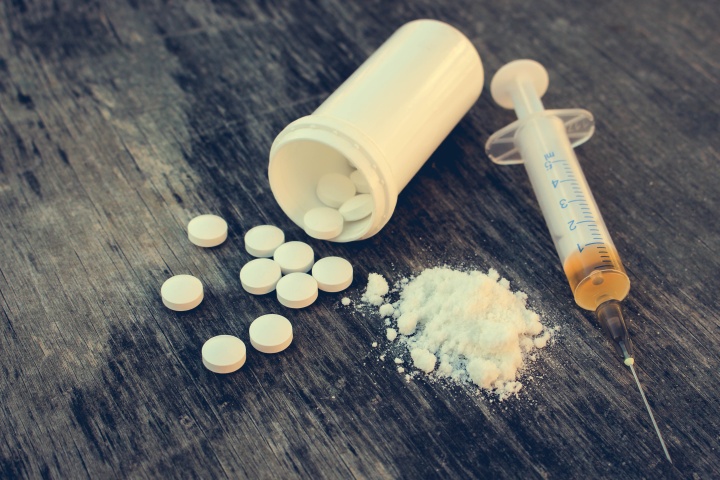
If you’re an addict, drugs and alcohol aren’t substances that you can just quit one day. It usually requires some form of medical intervention. Although you can certainly get sober in an outpatient program, a 12-step alone, and CBT treatments, a residential quality treatment program offers the highest level of success.
Joe Governara and other addiction advocates often suggest people who are highly addicted attend a residential treatment program. However, you should always speak with the treating physician who can provide the best recommendations, depending on an individual’s situation.
In truth, treatment must be very individualized. While 12-step will often work for some people, others may be turned off by the religious undertones. Although a higher power certainly doesn’t have to be God, some people do feel uncomfortable with 12-step. They might find themselves more successful in a holistic program that features yoga and meditation as well as therapy sessions.
However, whatever you find is best for you or a family member or friend who might be suffering from addiction, keep in mind that every facility is not the same. Be sure that the facility has up-to-date licensing, features the amenities that you or your loved one will require for a comfortable residential stay, is affordable or accepts insurance, and provides a variety of treatments, including 12-step and holistic methodologies.